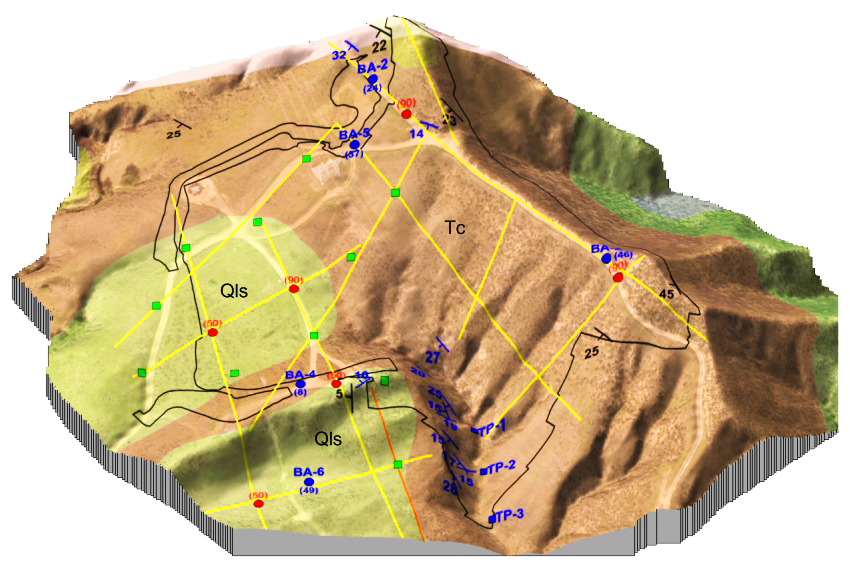Geotechnical Engineering
GeoPentech’s engineers and scientists have consulted on geotechnical projects for over four decades. The firm’s experience extends to all aspects of planning, design, and construction, and includes a variety of facilities ranging from buildings, reservoirs, dams, tunnels, pipelines, bridges, and roadways.
GeoPentech continuously contributes to the advancement of geotechnical and geosciences practices through the integrated nature of the firm’s specialties.

